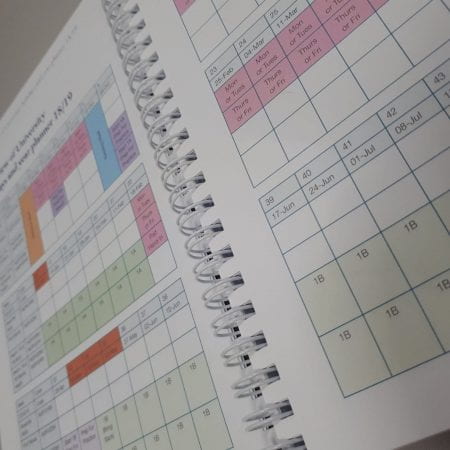Introduction & Outline
Acculturation of students to Higher Education (HE) and their integration into the social system of a university is their first step in developing academic skills and voice (Aoyama and Takahashi, 2020) and a primary contributor to successful transition to HE (Lochtie et al, 2018). Social Identity Mapping (SIM) helps to surface and support the development of a socially integrated learner, particularly the new international student (who may feel more inclined to discard unique aspects of themselves to ‘fit in’) (Bjork et al, 2020) by valuing their social location. A learner’s social location as the cognitive co-ordination of these identified identity organisations that they hold views and feelings about (Sfard and Prusak, 2005). Support to develop student academic self-efficacy is an established approach to promoting engagement (Zimmerman, Bandura and Martinez-Pons, 1992; Lochtie et al, 2018) and SIM is a resource to allow students to identify and academically value their social location (Lochtie et al, 2018).
Social Identity Mapping was developed to support effective progression (building on work from Ng et al (2018) and Cruwys et al (2016)) so students can better manage the phases of their academic lifecycle as their social context, motivation, and identities evolve (Morgan, 2012; Aoyama and Takahashi, 2020). SIM supports the development of identified factors of student resilience and autonomy extending beyond induction into the programme and social experience. By enabling reflective analysis of the learner’s social context, ensuing dialogue between students and tutors results in identifying effective coping and adjustment strategies, as students seek to engage more effectively in their new environment (Harmon-Jones, 1999; Cooper, 2019). Multiple Group Memberships (MGM) are sources of comfort, identity, security, and resilience (Sønderlund et al, 2017; Ng et al, 2018). Surfacing self-identified MGMs through a ‘live’ activity of an easy-to-use SIM resource helps students anticipate changes in their social context that could be particularly damaging to their well-being in their HE journey (Lochtie et al, 2018). Supporting students through dialogue, enabled by SIM, can help in managing commitments and developing coping strategies, contributing to a transition pedagogy for personal tutors (Lochtie et al, 2018).
Resources
The SIM resources hosted in this section comprise of an excel workbook, staff and student guides, and two supporting video resources. The workbook contains macros, so needs to be accessed via a university platform and will not function if emailed to users. It is a standalone activity that students can pursue once they have completed an introductory identity discussion.




